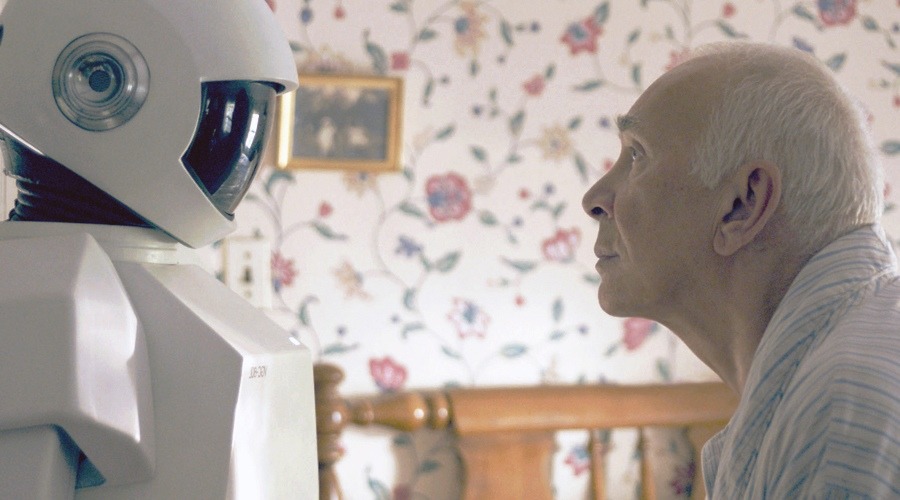In the decades-long quest to create truly helpful household robots, we've endured countless disappointments. From clunky vacuum cleaners to limited-function machines, the promise of a versatile robotic assistant has remained tantalizingly out of reach. But a breakthrough from a San Francisco startup suggests we might be on the cusp of a robotic revolution that could fundamentally transform how we live and work.
Physical Intelligence (Pi), a cutting-edge AI robotics company, has unveiled π0 (pi-zero), a groundbreaking generalist AI model that could be the key to creating robots capable of performing a wide range of complex, delicate tasks. Unlike previous robotic systems designed for narrow, repetitive functions, pi-zero represents a quantum leap in machine learning and physical intelligence.
A New Paradigm in Robotic Learning
The core innovation of pi-zero lies in its ability to learn and adapt across multiple tasks with remarkable precision. In demonstrations, the AI has shown it can perform everything from delicate operations like folding laundry and carefully packing eggs to more complex tasks such as bussing tables and grinding coffee beans.
"We believe this is a first step toward developing artificial physical intelligence," the Pi team explains. "Our vision is to create robots that can be instructed to perform any task, much like we interact with large language models today."
Training a Robot Brain
What sets pi-zero apart is its unprecedented training approach. The model has been trained on an staggering 10,000 hours of "dexterous manipulation data" across seven different robot configurations and 68 distinct tasks. By leveraging an internet-scale vision-language model and a novel flow matching technique, pi-zero can output precise motor commands up to 50 times per second.
This approach draws inspiration from biological generalists—creatures like raccoons and grizzly bears that thrive through adaptability rather than specialized expertise. Just as these animals can survive in diverse environments by learning and adapting, pi-zero aims to create robots that can seamlessly transition between tasks.
More Than Just Another Robot
The potential applications are mind-boggling. Imagine a single robot that could:
- Fold laundry with item-specific precision
- Unload and load dishwashers
- Prepare meals
- Catalog refrigerator and pantry contents
- Clean and organize living spaces
The Human Element
The team behind Pi is no ordinary group of engineers. Co-founder Karol Hausman previously worked on robotics at Google, while co-founder Sergey Levine is a pioneering robotics researcher from Stanford University. Their collective expertise suggests this isn't just another tech demonstration, but a serious attempt to solve long-standing challenges in robotic generalization.
Addressing Technological Skepticism
The announcement comes at a critical moment of technological anxiety. With AI already disrupting creative industries and raising concerns about job displacement, Pi's approach feels refreshingly optimistic. Their vision aligns more closely with mid-20th century futurist dreams of technology making human lives easier, rather than replacing human workers.
The Future is Generalist
As we stand on the brink of this technological frontier, pi-zero represents more than just an engineering achievement. It's a glimpse into a future where artificial intelligence seamlessly bridges the digital and physical worlds, making our daily lives more efficient and potentially more enjoyable.
The robots of our childhood cartoons are no longer pure fantasy. They're becoming a tangible reality, one delicate movement at a time.


















